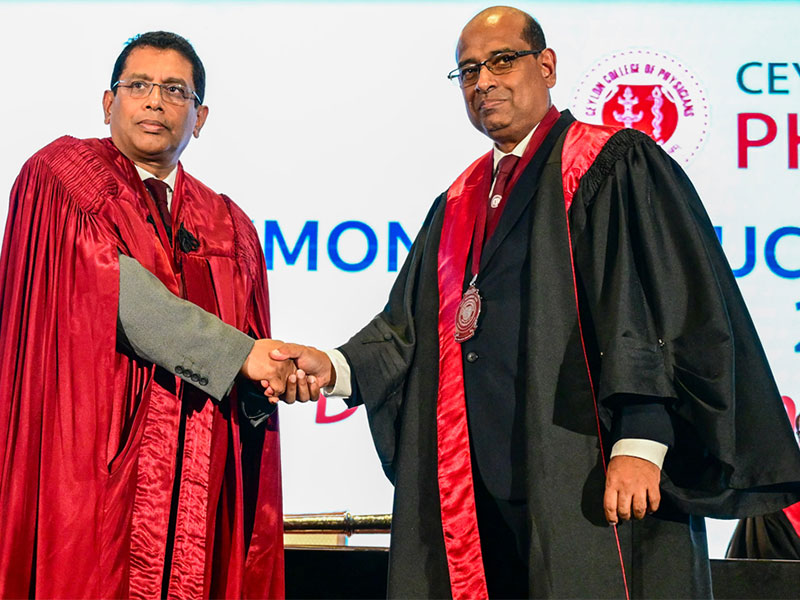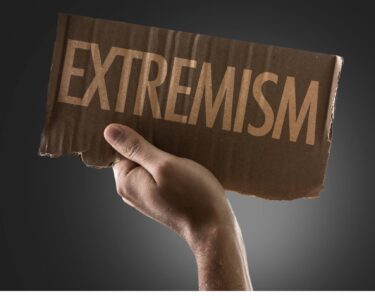Discrimination runs deep in Sri Lanka’s healthcare system, leaving minority groups feeling unseen and unheard, according to a top physician’s stark warning. Upul Dissanayake, the new President of the College of Physicians, delivered a powerful message to fellow doctors on Friday, vowing to combat the widespread inequalities plaguing Sri Lankan healthcare.
LGBTIQ communities bear the brunt of this prejudice, with Dr. Dissanayake citing a study revealing their fear of seeking help. A shocking 12% of those who did reported negative experiences with mental health professionals. Even recent police training sessions promoted harmful views, with a speaker calling homosexuality “unnatural” and a psychiatric issue. While progress has been made with the Sri Lanka College of Psychiatrists pushing for inclusivity, much remains to be done.
Discrimination extends beyond sexual orientation. Women face privacy concerns during examinations and tests, while linguistic barriers further marginalize patients. Dr. Dissanayake highlighted the absurdity of doctors using English, understood by only 23.8% of the population, on diagnosis cards. He poignantly asks, “Imagine yourself sick, not knowing what ails you, and the doctor speaking a language you don’t understand. How can we make healthcare inclusive?”
Religious minorities also feel excluded. Hospitals primarily cater to the dominant faith, offering little solace to those of other beliefs. Even patients with HIV or hepatitis B struggle to access proper care, particularly in private institutions.
Dr. Dissanayake’s message is clear: “Who is responsible for this social injustice? It is you ladies and gentlemen and I, who are going along with the flow.” He pledges that the College of Physicians will actively “fight” for inclusivity and equity, starting with its own members and extending to all healthcare personnel. He expressed hope for the decriminalization of homosexuality, hoping to move beyond “colonial-era” laws.
Dr. Dissanayake’s call for action serves as a wake-up call for Sri Lanka. Addressing systemic discrimination demands proactive efforts from medical professionals, policymakers, and society as a whole. Only then can Sri Lanka’s healthcare system truly fulfill its promise of serving all, regardless of identity or background







